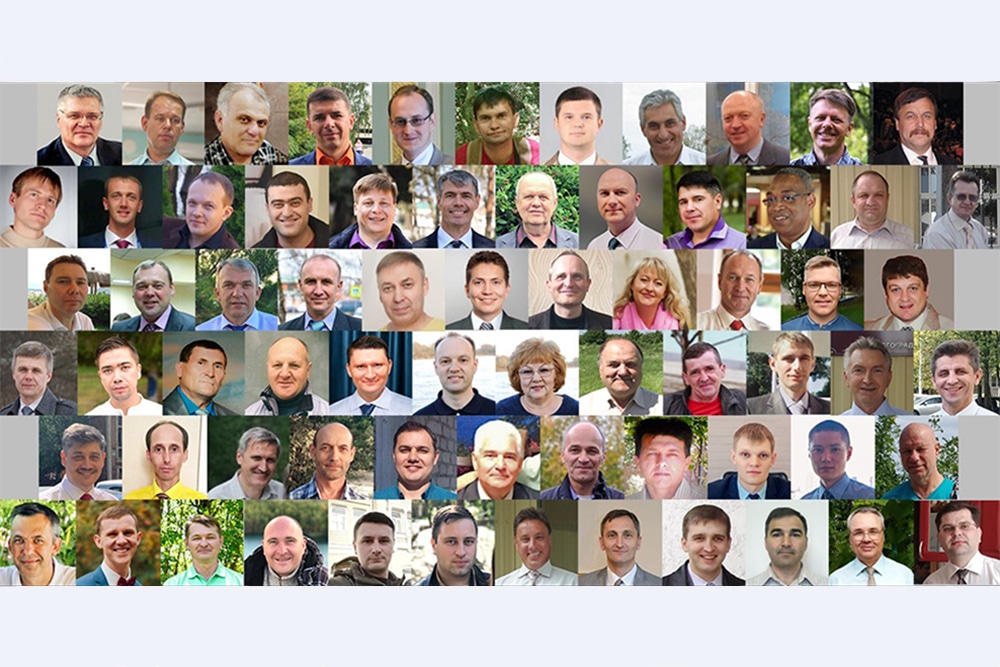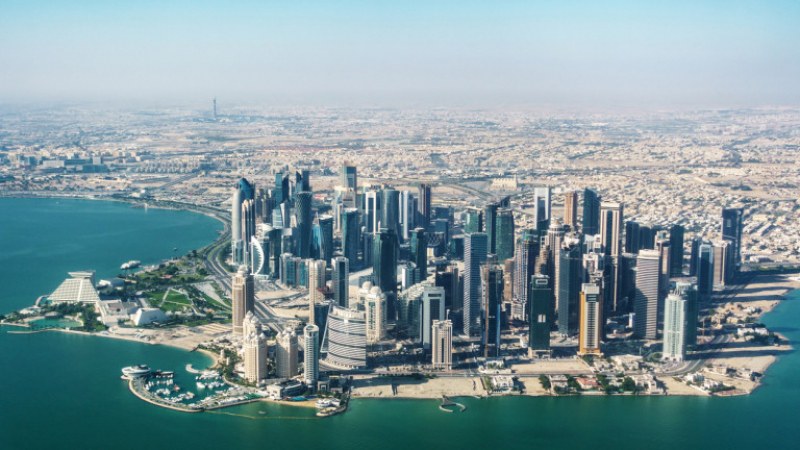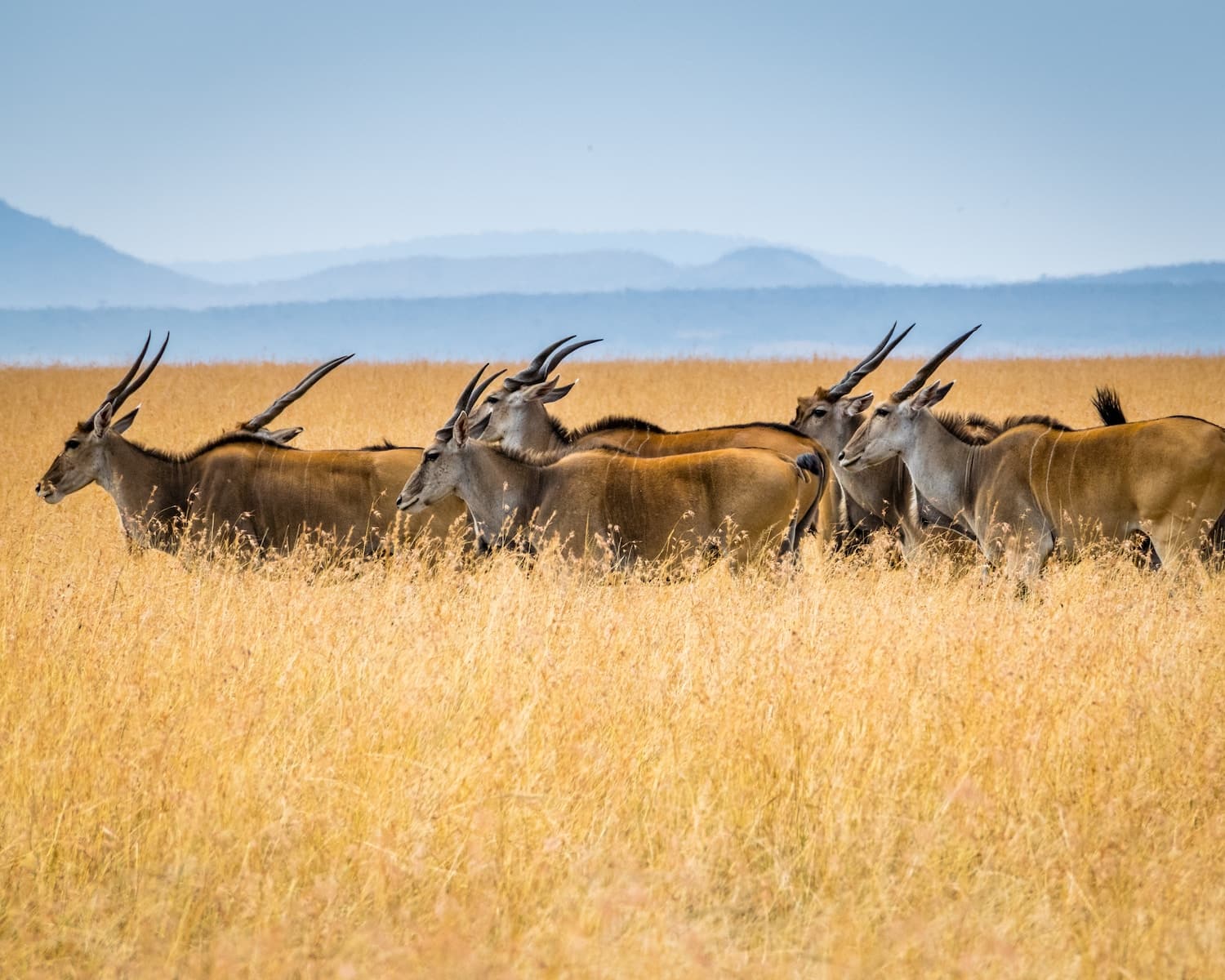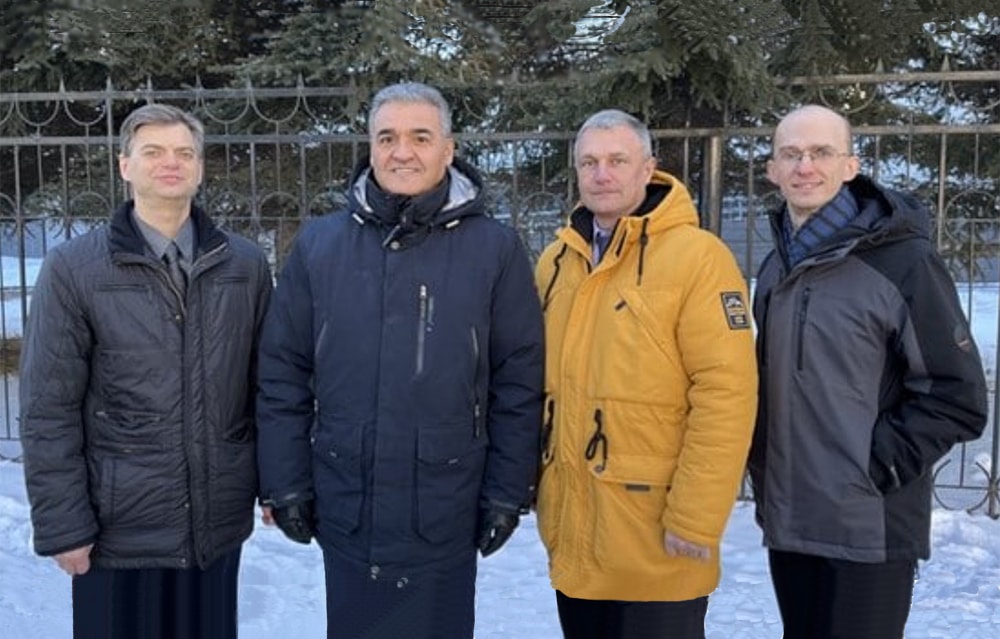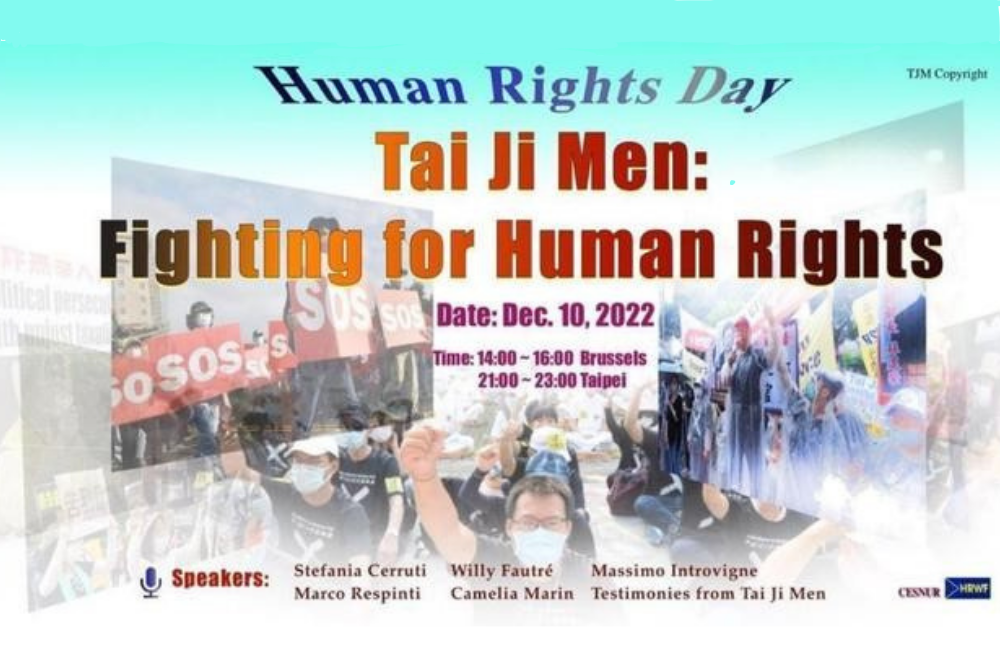JW. The campaign of persecution against Jehovah’s Witnesses continues, this year, Russian courts sentenced over 40% more Jehovah’s Witnesses (45) to prison than last year (32). This resulted in a peak of 115 men and women in prison at one time—the most since the 2017 Supreme Court ruling that effectively banned the Witnesses’ activities.
“ Russia is now marking a new milestone of disgrace,” states Rachel Denber, deputy director of Human Rights Watch’s Europe and Central Asia Division. “No one should spend a second being prosecuted, let alone in prison, for the peaceful expression of their religious beliefs. It is never too late to stop these repressive and unlawful practices, to free all people imprisoned for their peaceful religious activity, and to quash the notorious Supreme Court ruling banning the Jehovah’s Witnesses.” (for comments by 11 additional experts from Europe, Russia, and the U.S., see subhead below: What do experts think?)
Persecution has intensified, despite a landmark ruling in June 2022 by the European Court of Human Rights declaring the 2017 ban on Jehovah’s Witnesses as baseless violation of international human rights covenants that should be reversed. The Court directed Russia to halt all pending criminal proceedings against Jehovah’s Witnesses and release those imprisoned. [See p. 85, §11 of judgment (link).] Just weeks ago, the Council of Europe’s Secretary General urged Russia to comply with the ECHR’s judgement, as it is obligated to do, and reverse the ban on Jehovah’s Witnesses. [See p. 2 of letter (link).]
Jarrod Lopes, a spokesperson for Jehovah’s Witnesses, states:
“ Since 2017, Russian authorities have placed over 500 Witnesses on the federal list of extremists and terrorists.* Russia is misemploying its anti-extremist legislation to ban, imprison, and at times beat and torture Jehovah’s Witnesses. It’s hard to believe this poorly veiled crackdown has continued for over five years. Numerous international experts, officials, and courts at the highest level have acknowledged that Jehovah’s Witnesses are peaceful, law-abiding citizens—anything but extremists—and thus have repeatedly condemned Russia for its unmistakable discrimination-based ban. Jehovah’s Witnesses around the world are eager to see their fellow believers in Russia released from prison so they can be free to raise their children, free to support their communities, and free to worship as they are in over 230 other lands across the globe.”
* Being on the list—which is publicly accessible—stigmatizes them and has prevented many from getting jobs. Other burdensome consequences include having their bank accounts blocked and having difficulty obtaining or renewing insurance policies, selling property, managing investments, receiving inheritances, or even purchasing mobile phone SIM cards.
Russia’s persecution of JW’s in 2022 by the numbers (as of December 23, 2022)
- 121 convicted for so-called extremist activity and sentenced to various penalties. This figure has steadily increased—18 in 2019; 39 in 2020; and 111 in 2021
- 45 sentenced to prison to a total of 250 years in prison. This is more than a 40% increase to the 32 sentenced to prison in 2021
- 35 out of the 45 were sent to prison for six years
- In September 2022, the number of Witnesses in prison at one time exceeded 100 for the first time since the 2017 Supreme Court ruling. As of Dec. 23, 2022, there was a peak of 115 behind bars
- 19 in prison are over the age of 60
- Oldest is Boris Andreev, 71, from Primorye Territory. He was 70 when ordered to pretrial detention in October 2022 (link)
- The most inhumane sentence in 2022 is 7 years for Andrey Vlasov, who is disabled and struggles to manage daily activities without assistance (link to video)
- A total of 367 believers have spent some time behind bars since May 2017
- 200 searches of JW homes conducted this year in 39 localities of Russia
- Over 1,800 homes have been searched since 2017 ban, leading to criminal investigations or charges filed against more than 670 Witnesses
- Criminal cases against Jehovah’s Witnesses have been filed in 72 regions of Russia by the end of 2022—this is two more than in 2021
son goodbye, Novosibirsk, November 2022 ruling | Photo: Courtesy of
Jehovah’s Witnesses)
What do experts think?
Alexander Verkhovsky, director of Moscow-based SOVA Center for Information and Analysis, former member of Russia’s Human Rights Council (bio)
” The scale and cruelty of pressure is growing. Last year we had some hopes, that the repressive campaign could slow down at least, but we were wrong. That fight against JWs is so weird. I’d say this year’s developments makes us believe that the fight is really very important to our authorities, if they spend a lot of law enforcement system resources—even in time of war.”
Willy Fautré, founder and director of Brussels-based Human Rights Without Frontiers (bio)
” Jehovah’s Witnesses are the religious group that has been the most persecuted in Russia since it was banned in 2017 and hereby deprived of their freedoms of association, assembly, worship and expression. Statistics about the magnitude of the repression are disturbing. Freedom of religion or belief is the cornerstone of all freedoms. The persecution of Jehovah’s Witnesses was a harbinger that Russian society aspiring to democracy and freedom of expression would inevitably be crushed by the repression of President Putin’s regime and eventually dragged into a senseless war. In Russia, only a number of human rights activists and organizations dared speak out for the respect of their rights but almost all those voices have been silenced. Their defenders have been arrested and imprisoned or had no other choice than to flee abroad. Their organizations have been banned or forcibly closed. They have been labelled “foreign agents” and they have had to post this Russian version of the infamous “yellow star” on their websites and all their publications.”
Sharon Kleinbaum, commissioner at United States Commission on International Religious Freedom (bio)
” This year, Russia has continued its inexplicable and expanding persecution of Jehovah’s Witnesses, with more Witnesses than ever behind bars and facing long prison sentences for the mere practice of their beliefs. There is no possible justification for Russia’s ruthless crackdown on Jehovah’s Witnesses and other religious minorities as supposedly ‘extremist’. The Russian government must end its practice of falsely labeling religious groups ‘extremist’ and permit freedom of religion or belief for all.”
Doug Bandow, senior fellow at Cato Institute, foreign policy and civil liberties specialist (bio)
” Unaccountable persecution of Jehovah’s Witnesses continues in Russia. The government of Vladimir Putin is threatened, but by his own misconduct, not the religious beliefs of a small religious minority that has become the latest scapegoat for his criminal regime. Moscow should stop punishing those who are only seeking to serve God in their own way. Supporters of religious liberty around the world should come to the defense of those imprisoned for their faith.”
Emily Baran, chair of history department at Middle Tennessee State University, Russia and church-state relations expert, author of Dissent on the Margins: How Soviet Jehovah’s Witnesses Defied Communism and Lived to Preach About It (bio)
” Russia continues to treat this religious community as dangerous extremists despite a total lack of evidence to back up this claim. And Jehovah’s Witnesses continue to face criminal prosecution and lengthy prison sentences for actions that amount to little more than speaking about their faith with one another and their communities. The level of persecution harkens back to Soviet-era mistreatment of Witnesses, and puts Russia well out of step with democratic states. Witnesses are a known and recognized religious community in Europe. Russia’s treatment of them is a clear violation of their human rights, a fact affirmed by the European Court of Human Rights in its ruling on the Russian ban. 2023 is likely to bring much more of the same: surveillance, harassment, prosecution, and imprisonment. If history is any guide, all these efforts are highly unlikely to accomplish Russia’s goal of eliminating Witnesses from its territory.”
Natalia Arno, founder and president of Free Russia Foundation (bio)
” The God-seeking Russians who follow the Jehovah’s Witnesses teachings are facing an increased brutality and oppression under Putin’s government today. In 2022 alone, 45 believers have been sentenced to prison for a total of 250 years; and 121 convicted on various charges. This is a 40% increase from the political persecution of Jehovah’s Witnesses in 2021. All of these charges are unjust and unconstitutional, and their cases are fabricated. The Witnesses’ only crime is staying true to their beliefs and privately and peacefully practicing their religion.”
Sir Andrew Wood, British ambassador to Russia 1995-2000 (bio)
” Russia’s present rulers now rely on fear and force exercised by security organs answerable to them, not to independent legal bodies. Their protection against public protest has been held in check by insistent propaganda, the silencing of all views not vouched for by the Kremlin, and the persecution of dissidents. The results have been both a deadening of the nation and a steady buildup of the repression of its citizens. President Putin’s despicable ‘special operation’ against Ukraine has fed into his regime’s attacks on all Russians seen as potentially disloyal, however unproven or unlikely. Jehovah’s Witnesses were already at risk of punishment before Russia took the path in 2022 of turning into a power centered on military purposes, and brutal means of exercising them. Its rulers have shown scant care for the interests or even lives of those in their service, let alone those of what they say are their Ukrainian “brothers” resisting Russia’s onslaught. Jehovah’s Witnesses do not fight but they are now heightened victims of malice in a nation at war with itself and fearful for its future.”
Andrew Weiss, vice president for studies at Carnegie Endowment for International Peace, former National Security Council director for Russian, Ukrainian, and Eurasian affairs (bio)
” At a time when the war in Ukraine dominates Western policymakers’ attention for (easily understandable and justified reasons), it’s important not to lose sight of the fact that the deteriorating human rights situation inside Russia is unfolding on several fronts. The collapse in respect for religious freedom by the Russian authorities as an important example. The wave of unjustified arrests and harsh prison sentences for Jehovah’s Witnesses is simply dismaying.”
Dawid Bunikowski, visiting scholar at University of Eastern Finland’s School of Theology, academic associate at Cardiff School of Law and Politics’ Centre for Law and Religion (bio)
” The persecution of the Jehovah Witnesses in Russia is escalating and terrifying. The JWs have been treated as “extremists” since 2017 (according to the 2002 law on countering extremism). The Supreme Court banned their activities. Now many of them are remanded in custody, arrested, and sentenced to prison. Their homes are raided. This is all inhumane, against human dignity, and shall be condemned with all means. It is not only against international law (article 18 of the 1966 International Covenant on Civil and Political Rights; article 9 of the European Convention of Human Rights) and the Constitution of the Russian Federation (art. 28) as both guarantee religious freedom, but this is also against the common sense. Even older people are jailed. For what? For singing songs, studying the Bible and offering prayers collectively at private homes. This is ridiculous that people are punished for worshipping in private. This leads to the question: why? There is no one clear reason why Russia is doing towards the JWs what is doing. During my classes on challenges and controversies of religion and law in Europe (at the University of Eastern Finland), we study this persecution case. Having read relevant materials about the persecution, my students coming from different countries and religious traditions are not still able to answer why this is happening what is happening. However, some intuitions of ours are correct: the JWs in Russia might be perceived as a Western, American agent (it means being a “suspect” or, in fact, a spy) in a traditionally Orthodox and post-Soviet circle (with a lot of “culturally Orthodox”, white Russian nationalism). The question is whether Putin ordered this persecution or not. Few years ago, he was surprised about the scope of the persecution. But he might have lied about his lack of knowledge. The persecution might be a part of a “civilizational” war by Russia against the US/the West. Since there is the war in Ukraine, then it seems difficult to speak about some international pressure in the field. But the ideal would be: First, Russia should change the 2017 judgement. The Supreme Court may “cancel” it. Also, Russia may clearly amend the 2016 Yarovaya law (a bill amending the 2002 law) in order to avoid such verdicts. The JWs should not be treated as extremists. They are not terrorists but only peaceful people who worship the God. This all would be an important legal step. It would lead to taking other actions. Second, the arrested or sentenced people should be released. They should be made free. Even compensations for unlawful deprivation of liberty should be paid later (but this seems more complicated in Russia). Third, Russia should officially apologize the JWs for the persecution and should allow the JWs to register as a religious entity according to the 1997 law on religious associations. Fourth, Russia should return all the confiscated buildings and property of the JWs. Compensations for losses should be paid as well. Fifth, the JWs should act freely as an organization. Their religious freedom should be protected as it is regulated in the Russian constitution. They should not be arrested because of their prayers. Their homes should not be raided in a search of “extremist” activity anymore. Let Russia leave them in peace and they will pray freely. But there is not any hope for now. This plan would require a more democratic ruler or a serious change in the Kremlin.”
Elizabeth Clark, associate director for Brigham Young University’s International Center for Law and Religion Studies, international human rights and European Union law expert (bio)
” The Jehovah’s Witnesses, a pacifist group, has been facing increasing persecution of its members in Russia for exercising their rights to freedom of religion or belief. This violates Russia’s commitments to international law and its own constitution.”
Eric Patterson, executive vice president of Religious Freedom Institute, former dean of Regent University’s Robertson School of Government (bio)
” Russia’s continuing persecution of Jehovah’s Witnesses as ‘extremists’ who threaten Russia’s national security is unfair and unwise. It contributes to an atmosphere of fear and social stagnation.”



